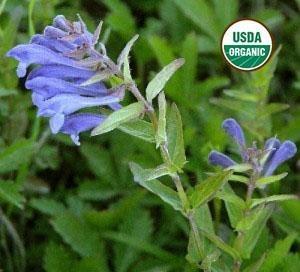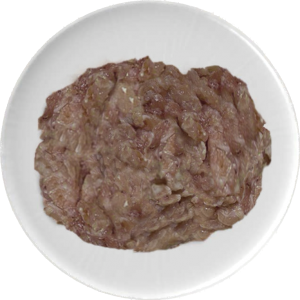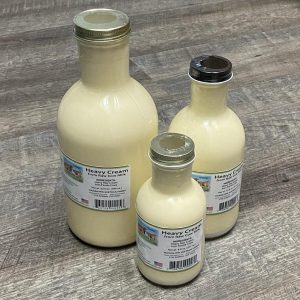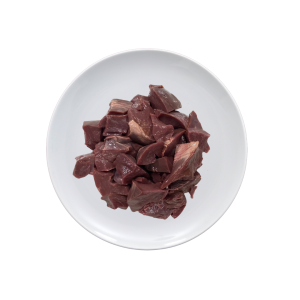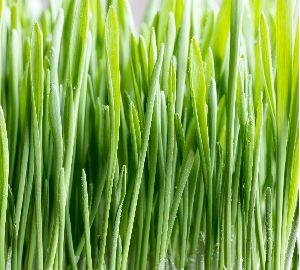BioComplete™ Skullcap Leaves
Skullcap can help lower blood pressure by dilating blood vessels, lower risk of heart attack and stroke, bitter herb, is cooling, good for fevers and as a sedative, has calming properties and helps with withdrawal symptoms by detoxing the body.
Scutellaria lateriflora, scutellaria, scullcap, scute, blue skullcap, mad-dog skullcap, and madweed.
Skullcap is an herbaceous perennial mint with ridged leaves and tiny flowers that can range in color from purple and blue to pink and white. The two-lobed flowers resemble the military helmets worn by early European settlers‚ hence the herb's name. A hearty plant, it grows 1 to 4 feet (25 cm to 1 m) high, thriving in the woods and swamplands of eastern North America. Skullcap has been traditionally used by North American indians as a nerve tonic and diuretic. It was highly valued by the Cherokee and other tribes as an Emmenagogue and female medicinal herb, sometimes used as a ceremonial plant to introduce young girls into womanhood. Settlers in the late 1700's promoted the herb's effectiveness as a cure for rabies, giving rise to one of its common names, mad dog weed. This claim was later discarded, and herbalists began to focus on the plant's considerable value as a sedative. Skullcap reduces stress, anxiety and nervous tension, promotes inner calm, and counteracts insomnia. Because of its antispasmodic action, it may also be helpful in treating menstrual cramps, childbirth pains, and convulsions.
Volatile oil, scutellarin, bitter glycoside, tannin, fat, bitter principles, and sugar.
The above-ground parts of the plant, dried.
Traditionally taken as a tea or tincture; can be used in capsule form. For a mild sedative, combine equal parts skullcap, hops and Valerian Root. This can be taken as a tea or tincture three times daily and a half hour before retiring. 15-20 drops of Skullcap tincture taken every hour or two can lessen the severity of drug or alcohol withdrawal symptoms.
Popular uses for Skullcap include treatment of addictions, alcoholism, afterbirth removal following childbirth, colds, convulsions, epilepsy, headache (especially a dull frontal headache with sensitivity to noise, light and odors), hysteria, insomnia, nervous tension, and stress. Skullcap teas, tincture, and alcohol extracts have been shown to lower blood pressure in dogs, cats, rabbits, and humans by dilating blood vessels, potentially lowering risk of heart attack and stroke. Skullcap has shown promise as a treatment for strokes and nervous disorders. Almost all recent research has been focused on Chinese skullcap, s. Baicalensis, and few studies have concentrated on american Skullcap, but one of its active compounds, Scutellarin, was shown to improve blood flow for more than 88 percent of the participants in a clinical trial involving 634 people with cerebral embolism (blood clot), cerebral thrombosis, or stroke-induced paralysis. Other research has confirmed skullcap's value as a sedative and antispasmodic. A bitter, cooling herb, it can also be of use in calming a sensitive stomach and strengthening the nervous system after a prolonged illness. It is indicated for nervous fear, cardiac irritability, and nervous irritation of the cerebrospinal nervous system, and has been used for neurological diseases such as epilepsy and chorea (involuntary spasms of the face and limbs). It is one of the most effective herbs for withdrawing from habitual drug and alcohol use, having considerable detoxification properties that can prevent or diminish withdrawal symptoms such as delirium tremens.
Not toxic in normal amounts, although overdoses of Skullcap tincture may cause confusion, giddiness, stupor, and seizures. Due to its use in expelling afterbirth, it should not be used by pregnant women. Skullcap cut with related species can be dangerous (for example, teucrium chamaedrys, a close relative of pink skullcap, can cause hepatitis and liver damage), so make certain you are getting authentic scutellaria.
This information has not been evaluated by the Food and Drug Administration. It is not intended to diagnose, treat, cure, or prevent any disease. These food products may be beneficial for supporting optimal health.
For educational purposes only.
Additional information
| Size | 0.5 oz Small Jar, 1.6 oz Large Jar |
|---|

